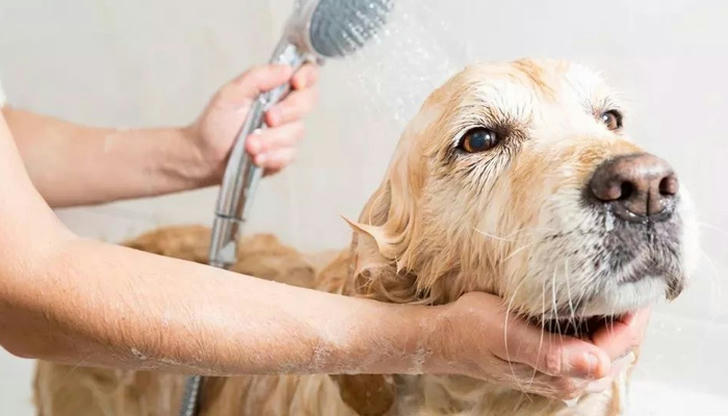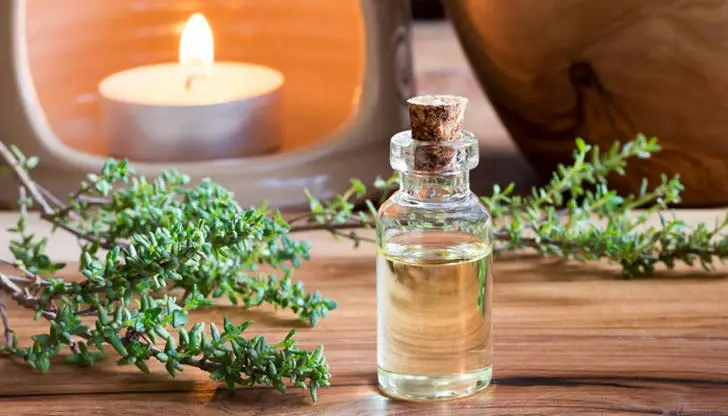6 Ways to Keep Your Home Air Clean
Advertisement
In a nutshell, winter indoor air is often even more toxic than summer indoor air because there is typically less ventilation from opening windows or doors; very low humidity. With naturally drier winter air, your respiratory system and sinuses get quickly dried out, causing irritation and making it easier for cold and flu germs, allergens, and bacteria to take hold. Since it getting cold, the reliance on heat production is increased. Heat production not only further dries out your indoor air but also adds more of certain toxins into your indoor air. In this article, we’ve gathered six quick tips to clean up your indoor air during the cold season so you can be sure to stay healthy all winter long outdoors and indoors.
1. Control Pet Shed

Pet Dander is actually the leading indoor pollutant. Dog shed their winter coats as spring comes around the corner. If you have dog breeds, keep your dog clean with consistent baths. Plus brush your dog to get excess hair out of the way. Remember to dispose of it immediately on a daily basis.
2. Houseplants

It is stated by NASA that houseplants can purify air within our houses and workplaces, safeguarding us from toxins like ammonia, formaldehyde, benzene, and etc. Planting plants indoor can absorb harmful substances, prevent diseases and sterilize, clean indoor air, and can play a role in purifying the air. It's suggested that you have at least one plant per 100 square feet of home for efficient air cleaning to be accomplished. The best plants to filter toxins from the air are Peace Lily which prefers moderate sunlight
3. Increase Ventilation

When the outdoor air temperature and humidity are appropriate and the air quality is good, open as much windows as you can for ventilation, which has a significant dilution effect on indoor carbon dioxide, formaldehyde and other substances. When encountering a haze, choose to open the window intermittently when the haze is lighter, and use an air purifier with a purification function for particulate matter to reduce the concentration of particulate matter in the indoor air.
4. Essential Oils

Studies from Weber State University shows that the presence of essential oils like cinnamon, rosemary would make viruses, fungi, bacteria and even mold non-survivable. Essential Oils helps keep the home free from germs and purifies the air. You can add it to soaps and detergents to breathe fresher, cleaner air.
5. Change Your Life Habits

You may love to smoke or use tobacco products. However, the burning process of tobacco indoors will release scary-sounding 400+ chemicals, like hydrogen cyanide, formaldehyde, tar, carbon monoxide, and of course, nicotine. So when you choose to use tobacco indoors, everyone’s lung will be impacted. For everyone‘s safety, it is best to stop smoking indoors, and get rid of those bad life habits.
6. Turn on Extractor Fans

Two common sources of indoor air pollution come from cooking fumes and mold. Using a cooking hood or turn on extractor fans can expel the toxic by-products released from cooking at high temperatures, as well as reduce humidity levels to prevent mold from spreading.



